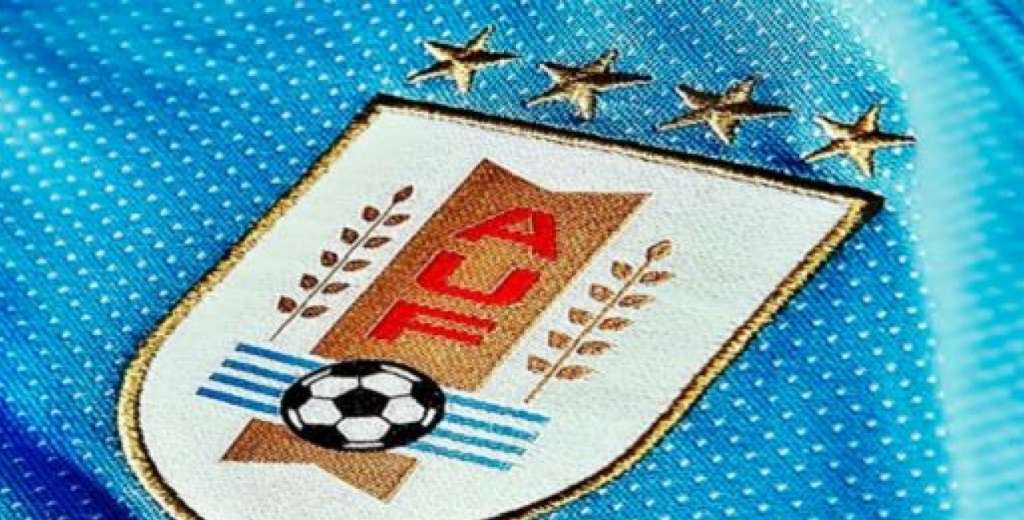Uruguay won 2 Olympics and 2 World Cups, that's why they have 4 stars in their emblem
Winning a World Cup in another continent has always been a complicated feat. It is an event that does not happen often in history; in fact, if we except for the victories achieved by European or South American sides in continents lacking a top-tier national team - Asia and Africa - it can be noticed that the cases in which this has occurred have been only two: Pelé's Brazil in 1958 and Germany in 2014.
However, before Uruguay came out on top in the first edition of the World Cup, two editions of the Olympic Games had been held in Colombes and Amsterdam which, given the hype generated by the event and the massive participation, FIFA would later recognize as official competitions. They were both won by the Celeste, the reason why four stars and not just two stand out on Uruguay's symbol.
Uruguay 1924
The 1924 success caused quite a stir in Europe since hardly anyone had any idea of the level that Uruguayan football had reached over the years. In the course of the event, the Rioplatense national team defeated four European nations - some were literally humiliated - and produced state-of-the-art football.
On one occasion the Uruguayans inflicted a crushing 7-0 defeat on Yugoslavia whose players had decisively underestimated them in the days leading up to the game: they had gone to spy on them at the field where they were training and the Uruguayans, in order not to reveal their qualities, had pretended to be incapable of even handling the ball.
In that national team played some of the stars who years later would lift the World Cup: José Leandro Andrade, la Maravilla Negra - The Black Wonder -, as he was nicknamed, José Nasazzi, the captain, a sort of caudillo who preceded Obdulio Varela and Hector Scarone, the most talented player, for many the strongest footballer of those years.
Uruguay World Champions 1930
During the 1920s a fashion that would endure to the present day was beginning to take hold: the organization of overseas tours in order to raise funds for club activities. In 1925 Nacional, Brazil's Paulistano - led by one of Brazil's greatest player, Arthur Friedenreich - and Boca Juniors played very long series of matches in Europe. They won almost all of them.
Nacional, at the behest of the host nations, was being presented and 'sold' as Uruguay. Everywhere it went to play, the local newspapers - as well as billboards and posters hung around town - wrote that the 'World's Champion Uruguay' was coming, although this did not correspond to truth.
It was however true that several of the players who had won in Colombes were members of Nacional. Moreover, José Nasazzi, who at the time played for Bella Vista and only a few years later would move to Nacional, had joined for that tour.
The European headlines went hand in hand with those of Montevideo's newspapers: El Plata, to celebrate the exploits of its players, wrote 'Uruguay Campeon del Mundo!', and the same thing would be done by Mundo Uruguayo four years later, when Uruguay would repeat its Olympic success in Amsterdam.
And when two years later Uruguay - whose players, who could not make a living solely through their performances on the field, were all in professions alien to the world of football - won the World Cup on home soil, they did so with a national team composed of amateurs. The only other instance in history of a national side winning a World Cup without a professional team would be West Germany twenty-four years later.
Ver más: 5 great teams that practiced Tiki Taka before Guardiola's Barcelona

